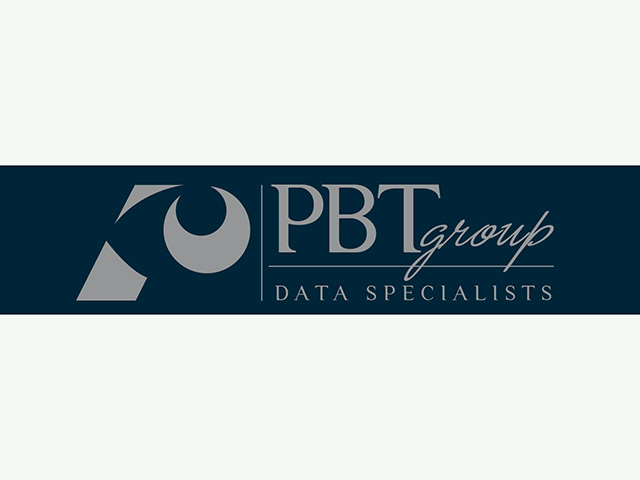Duncan McKay, Business Development Manager at PBT Group
With attention focused on how much data is being collected and what it is used for, companies must not forget to address quality management as an integral part of the overall Data and Analytics (DnA) processes.
In fact, data quality and master data management should be seen as key strategic priorities for DnA outputs - as the reality is that if data quality is not good, then the data management processes of an organisation will fail to produce the desired results.
Companies underestimate that the more data is being created and collected, the more problems can occur. When concepts like Data Lakes and Big Data gained in popularity, a free-for-all took place. It was very much about everyone just dumping their data into these repositories and working with it with little thought given to structure and governance.
Storage was cheap so the thinking was that the business should not waste time modelling and conforming data properly. They could simply buy more storage and not be reliant on expensive infrastructure. But as can be seen today with many companies paying the price of trying to access data across a myriad of sources, this was not the best strategy to follow.
From photos to data
It is akin to moving from analogue to digital photography. Developing photographs was an expensive undertaking. People scrutinised every photo and only selected the best ones to keep. Now, thanks to digital photography and cloud storage, individuals can easily take thousands of photos monthly and do not have to worry about deleting the bad ones. And if they run out of storage, they simply buy more whether that is in the form of physical hard drives or cloud-based services.
The problem comes in when a photograph of an event or person needs to be found. With photographs spread over several environments it almost becomes impossible to find the one that is being searched for (or chances are, that same one photograph being searched for, could be duplicated several times across all these storage mediums).
The same holds true for data in business.
Companies did not worry about this six or so years ago and now data replication has become a serious issue. This is putting the spotlight on data management and giving decision-makers back control of their data.
Quality focus
The willingness to shift focus is still very much dependant on the industry the company operates in. Large enterprises, especially those in the financial services sector, are more mature. Three years ago, they began discussions on the importance of quality and management. This has now evolved to implementing measures in a practical manner.
But in retail, the emphasis is still very much on why management is important. And in manufacturing and mining, which are not traditionally data-driven environments, companies are only now discovering the value of their data.
Irrespective, Data and Analytics is now a vital component of any organisation looking to remain competitive in a digital environment. Things that used to be done under the radar has turned into formal disciplines with more people taking ownership and controlling data.
A Data and Analytics culture
But while DnA used to be centralised, the underlying architecture of the process at organisations has changed, making it more federated and entrenched across all business units. Stakeholders throughout the organisation are becoming more adept at using data and analytics for their diverse requirements, which is these days, not just about reports and dashboards, but becoming prevalently embedded in real-time operational decision-making processes.
A critical component ensuring DnA success and true business-value-yield, is the adoption of all data management disciplines into the daily fabric of business management. Data Management tools are also becoming more mature with the lines between DnA (traditional BI) and IT systems increasingly blurred.
As such, the scope of data management is growing beyond only controlling data for analytics and reporting purposes. It now includes controlling the data in the source systems where it is captured to proactively manage quality instead of retroactively trying to fix it. And in this, companies will start understanding the true value of the data they have at their disposal.





